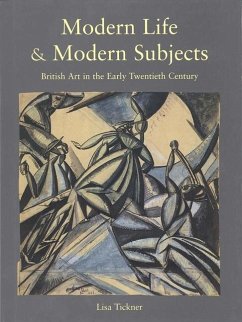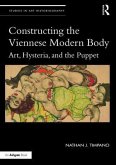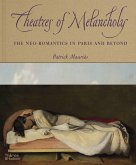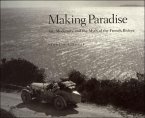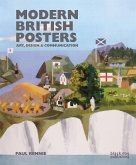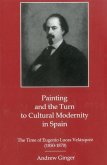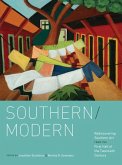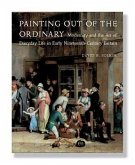In May 1914 the Whitechapel Art Gallery in London opened its exhibition of "Twentieth-Century Art". The catalogue identified four main strands in modern painting but included a fifth group of Jewish artists, hung in the "Small Gallery". In this illuminating book art historian Lisa Tickner takes a fresh look at the work of artists from each of these strands. In a series of innovative case studies, combining analysis with substantial new research, she examines the artists' radical approaches to the process of painting and their resources in the defining conditions of modern life. Tickner discusses Walter Sickert's Camden Town Murder and L'Affaire de Camden Town in the context of tabloid crime. Augustus John's Lyric Fantasy is seen as rooted in, but also as qualifying, the Edwardian fascination with gypsies and tramping while memorializing John's dead wife, Ida. The studies for Wyndham Lewis's lost Kermesse are connected to popular dance and to his sense of the "wild body". Vanessa Bell's Studland Beach is related to the emergence of the beach as a social and psychic space and to childhood summers in St. Ives drawn on by her sister, Virginia Woolf, in To the Lighthouse. And David Bomberg's In the Hold, along with Mark Gertler's Jewish Family, is shown to emerge from contemporary debates surrounding Jewish art and the possibility of a secular, urban, Yiddish culture. In an extended Afterword, Tickner considers the interplay between modernism and modernity in British art before 1914.

